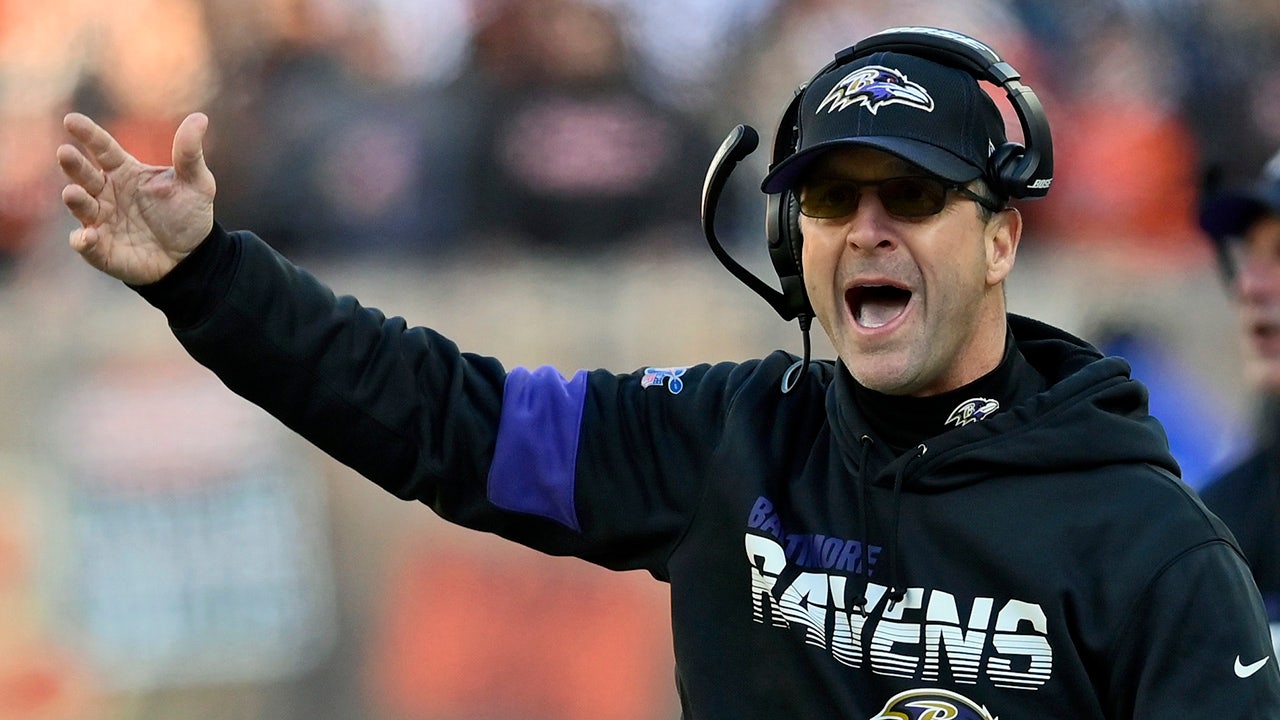[ad_1]
But I wouldn’t exhale. While recession in 2020 has become less likely, recession early in the next decade remains a serious threat.
If the economy were to slow any further, for whatever reason, then unemployment would begin to rise. Once unemployment increases, even from low levels, recession becomes more likely than not. Consumers immediately sense the weakening economy since it means fewer job openings, smaller pay increases and no bonuses. They become more cautious. Businesses see this and pull back further on their hiring. They may even begin laying off workers. Unemployment rises more, and a self-reinforcing negative dynamic — a recession — takes hold.
This hasn’t happened. But it is prudent to be nervous that this vicious cycle could take hold. Despite trade progress with China, there’s still debilitating uncertainty created by President Trump’s trade war. While businesses may now believe the president won’t escalate the war before the 2020 election, they remain unsure what he will do if reelected. Since his trade war has not solved the big problems we have with the Chinese, such as intellectual property protection, cybersecurity and more access to their markets, it is almost certain he will double down on his war should he win a second term.
The coming election certainly adds to the uncertainty. President Trump’s economic policies are 180 degrees different from his Democratic rivals, who, if elected, will flip economic policy on its head. At a minimum, the Trump tax cuts for higher income and wealthy households will likely expire, as they are set to do after 2025 under current law. Foreign immigrants will be welcomed with open arms. Regulations on fossil fuel companies and banks will be revived. And while a Democratic president will take a hard stance in trade negotiations with China, the tariff wars are unlikely to continue.
The differences in economic policy and perceptions about the economy are so stark that uncertainty over the election’s outcome may have an outsized impact on consumer and business behavior. Historically, elections have had no discernible impact on the economy. The candidates’ policy views were similar enough that voters didn’t feel compelled to change their spending and investing. That may not be true this go-round.
The next stop on the road to recession is a substantial sell-off in the stock market. Stock investors dump stocks as they sniff out declining profits at the companies they are investing in. Yes, investors are very upbeat as this year comes to an end, but that can change very fast. Typically, stock prices fall about six months before a downturn. Prior to the financial crisis, stock prices were hitting records just three months before the severe downturn began.
My tongue-in-cheek prediction of a June 2020 recession will almost surely turn out to be wrong. But I am certain that the risk of a recession will remain uncomfortably high next year as we face the prospects of a slowing growth and uncertain economic future.
[ad_2]
Source link



